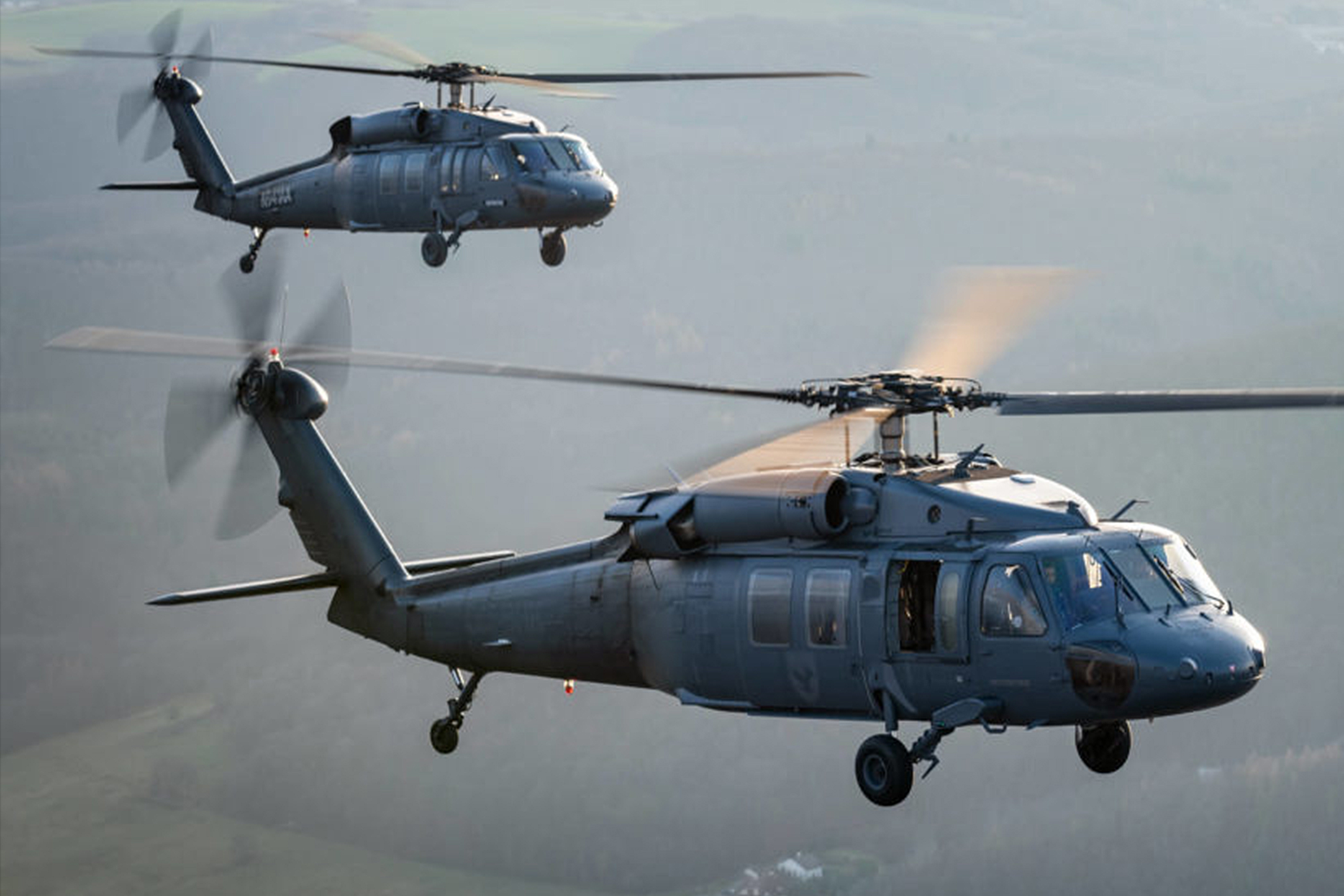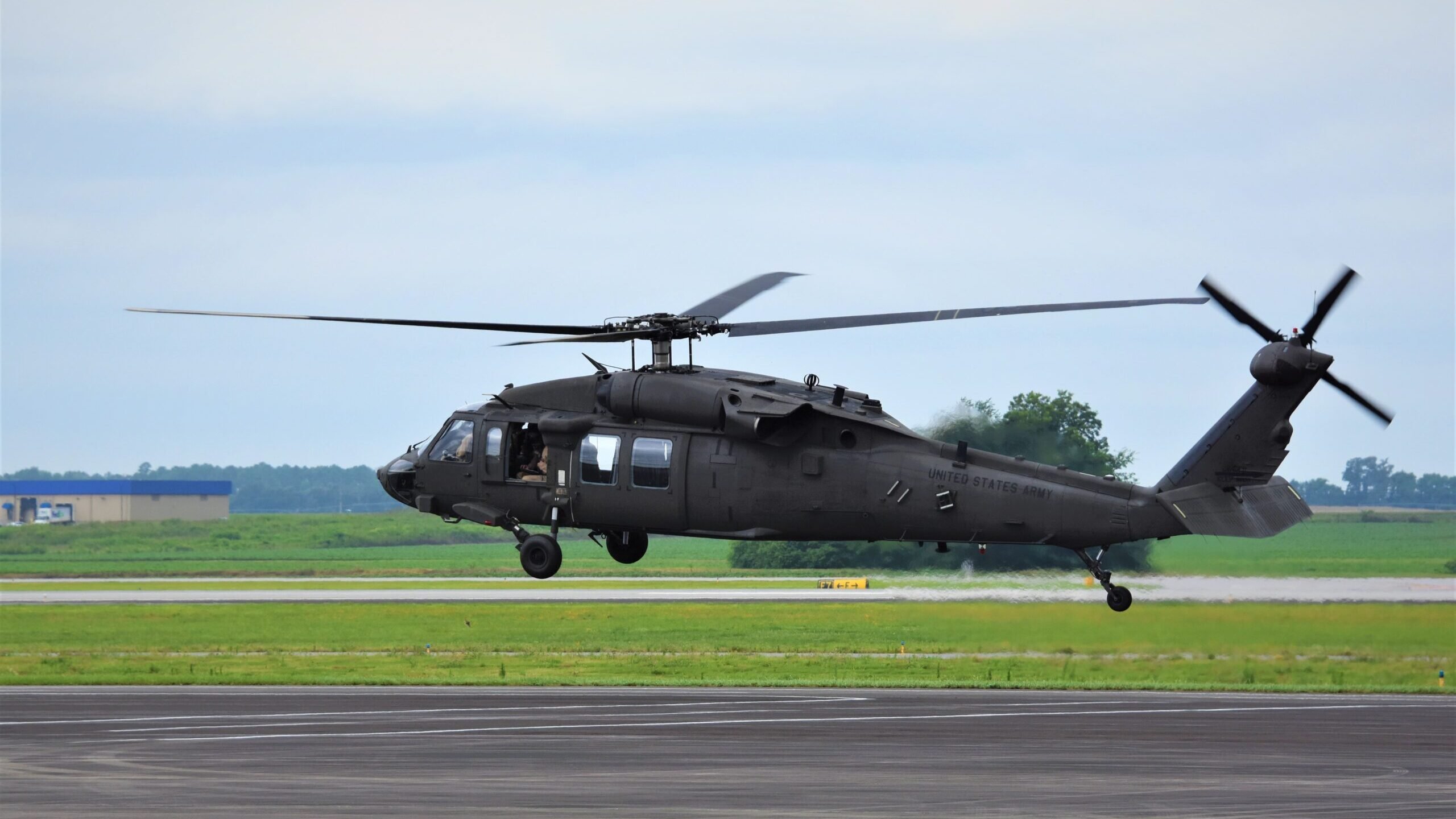History and Growth of the UH 60 Black Hawk Helicopter
History and Growth of the UH 60 Black Hawk Helicopter
Blog Article
The Impact of Sustainable Practices on the Future of Airplane Operations and Emissions Reduction
As the aviation market deals with boosting analysis over its environmental effect, the fostering of sustainable methods emerges as a vital path toward future aircraft procedures and exhausts decrease. Technologies in sustainable aeronautics gas and developments in hybrid propulsion modern technologies stand at the leading edge of this change, encouraging substantial decreases in greenhouse gas exhausts. Nevertheless, the successful integration of these initiatives hinges on a variety of variables, including regulative frameworks and industry collaboration. The question continues to be: just how will these developing methods improve the dynamics of air travel and add to a much more sustainable future?

Review of Lasting Practices
Lasting methods in airplane operations encompass a variety of approaches focused on reducing environmental influence while maintaining operational effectiveness. These methods are essential in the aviation sector's commitment to lessening its carbon impact and sticking to international ecological criteria. Trick initiatives include enhancing flight courses to lower gas intake, enhancing upkeep procedures to make sure airplane operate at peak efficiency, and carrying out advanced technologies such as winglets and lightweight materials that improve the rules of aerodynamics.

Educating and involving staff on sustainability practices likewise play an essential function, promoting a culture of environmental responsibility within companies. Generally, the combination of these sustainable techniques not only assists reduce emissions but also enhances the long-term feasibility of the aviation field, ensuring it satisfies the demands of both customers and regulative bodies while contributing to worldwide sustainability goals.
Innovative Gas Alternatives
Various innovative gas alternatives are emerging as essential remedies to reduce the aviation industry's reliance on typical nonrenewable fuel sources. Amongst these choices, Sustainable Air travel Fuels (SAFs) have gained substantial interest due to their possible to reduce lifecycle greenhouse gas exhausts by up to 80% contrasted to traditional jet gas. SAFs are stemmed from various feedstocks, including waste oils, farming deposits, and even algae, making them a functional choice for the sector.
Another promising option is hydrogen fuel, which, when utilized in fuel cells, generates just water vapor as a by-product. This zero-emission possible presents a significant chance for decarbonizing trip procedures, specifically for short-haul trips and local airplane. Additionally, electric propulsion systems are being discovered, leveraging battery modern technology to power airplane. While current battery ability limits range and haul, ongoing improvements may soon make electric flights viable for details applications - uh 60.
Last but not least, biofuels acquired from biomass are being examined, supplying a sustainable option that can be blended with standard fuels. Collectively, these cutting-edge gas alternatives stand for a critical action towards achieving a lasting aviation community, straightening with global exhausts decrease targets and enhancing the sector's environmental stewardship.
Technical Innovations in Aviation

How can technical innovations reshape the future of air travel? The assimilation of sophisticated innovations is pivotal in changing aircraft operations, enhancing performance, and decreasing discharges. Technologies such as electric and hybrid propulsion systems are at the forefront, promising considerable reductions in gas usage and greenhouse gas exhausts. These systems take advantage of advancements in battery modern technology and power administration, making it possible for aircraft to run with a lower ecological footprint.
Moreover, the implementation of advanced materials, such as light-weight composites, adds to enhanced aerodynamics and gas efficiency. Using expert system and equipment knowing in trip operations enhances route planning and reduces fuel burn by enabling real-time changes based on weather and website traffic conditions. Furthermore, the growth of self-governing and remotely piloted aircraft systems stands to transform freight and guest transportation, possibly increasing efficiency while lessening human mistake.
In addition, lasting aviation modern technologies, including advanced air website traffic administration systems, can improve operations and reduce congestion, resulting in lower exhausts during flight. These developments collectively represent a standard shift in air travel, guaranteeing a future where sustainability and functional performance are linked, thereby sustaining the sector's commitment to reducing its ecological impact.

Regulative Framework and Conformity
Taking into account the expanding emphasis on ecological stewardship within the aviation field, the governing framework controling airplane procedures is progressing to advertise sustainable methods. Governing bodies, such as the International Civil Aeronautics Company (ICAO) and various nationwide aeronautics authorities, are presenting stringent guidelines targeted at reducing discharges and boosting operational performance.
These laws usually include the adoption of Lasting Aviation Gas (SAF), which has been identified as a crucial element in accomplishing lower carbon impacts. Furthermore, conformity with these regulations requires airlines to apply functional methods and advanced modern technologies, such as enhanced trip paths and boosted air web traffic management, to minimize fuel intake.
Furthermore, the enforcement of discharges trading systems and carbon countering efforts is coming to be increasingly widespread, engaging airlines to check and report their emissions accurately. Non-compliance can lead to considerable fines, hence pressing operators to focus on sustainability in their organization models.
Ultimately, the advancing governing landscape not just drives development and financial investment in green technologies but additionally fosters a culture of responsibility within the air travel industry. As these structures proceed to establish, the emphasis on sustainable methods will be essential to attaining the market's lasting ecological objectives.
Future Fads in Aircraft Operations
As the aviation industry adapts to a progressively rigorous governing setting, future fads in airplane procedures are readied to concentrate on cutting-edge remedies that even more enhance sustainability and performance - uh 60. Trick developments will likely include the fostering of innovative air website traffic management systems, which use real-time information and artificial intelligence to optimize trip courses, this content minimizing fuel usage and discharges
An additional considerable pattern is the boosted combination of lasting aeronautics gas (SAFs) These options to standard jet gas, originated from renewable resources, can substantially decrease lifecycle greenhouse gas discharges. The market's dedication to SAFs will likely speed up as airlines collaborate with gas producers to ensure accessibility and cost-effectiveness.
In addition, the press in the direction of electrification additional resources and crossbreed propulsion systems is getting energy. Emerging aircraft designs will integrate these modern technologies, using quieter and a lot more effective operations, particularly for short-haul trips.
Verdict
Finally, the combination of lasting practices in aircraft procedures holds considerable possibility for emissions reduction and improved performance. The fostering of sustainable air travel gas, coupled with improvements in hybrid and electric propulsion systems, is crucial for reducing lifecycle greenhouse gas discharges. Maximizing trip courses and embracing innovative innovations add to a quieter and extra eco pleasant aviation industry. Collectively, these efforts align with global sustainability objectives and lead the way for a greener future in aeronautics.
Innovations in lasting aeronautics gas and developments in hybrid propulsion innovations stand at the leading edge of this change, promising substantial decreases in greenhouse gas emissions.Numerous ingenious fuel alternatives are arising as essential options to lower the air travel industry's dependence on standard fossil fuels - uh 60. Among these choices, Sustainable Aviation Gas (SAFs) have gotten significant focus due to their prospective to lower lifecycle greenhouse gas discharges by up to 80% compared to conventional jet fuels.Another considerable fad is the enhanced assimilation of sustainable aviation gas (SAFs) The fostering of lasting aviation gas, coupled with improvements in hybrid and electrical propulsion systems, is necessary visit the website for reducing lifecycle greenhouse gas exhausts
Report this page